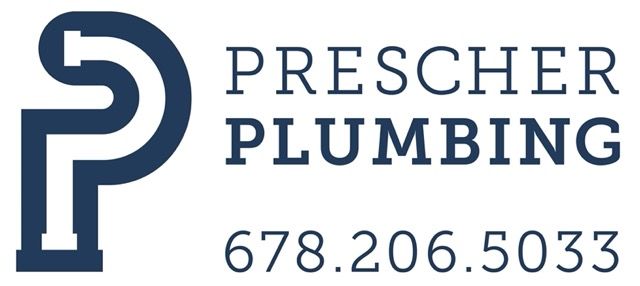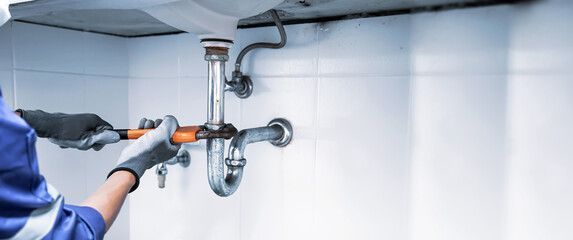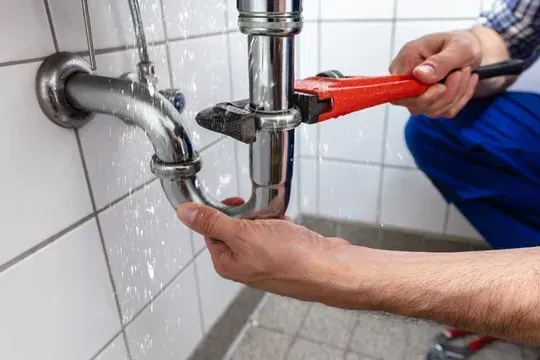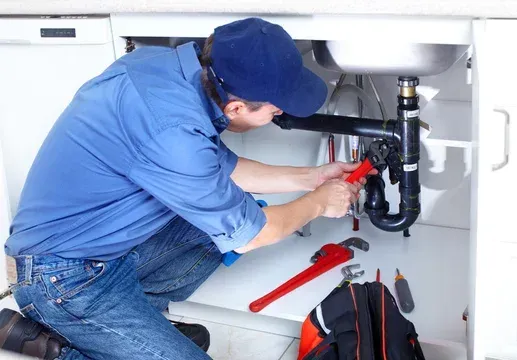Burst Pipes: Plumbing Issues And Atlanta Plumbers Solutions
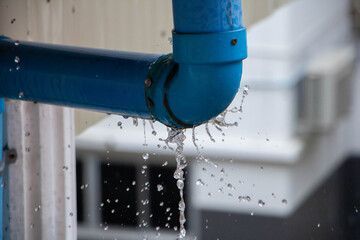
Welcome to our blog on burst pipes, where we will be discussing the plumbing issues that can arise from burst pipes and the solutions to address them. Burst pipes can cause significant damage to your plumbing system, water supply, and infrastructure if not addressed promptly. Understanding the causes of burst pipes, recognizing the signs, and knowing the preventive measures can help you minimize the risk and mitigate the damage caused by burst pipes. In this blog, we will explore the various aspects of burst pipes, from their causes and signs to the impact on the plumbing system, tools for detection, steps to detect burst pipes, the role of Atlanta Plumbers in implementing preventive measures, dealing with burst pipes, and the importance of regular plumbing system checks. Let's dive in and learn how to effectively deal with burst pipes and protect your plumbing system.
Understanding Burst Pipes
Burst pipes occur when the plumbing system's water line experiences a rupture, leading to the leakage of water. This can happen with both hot water and cold water pipes, inside or outside the property. The primary cause of burst pipes is the pressure exerted on the pipes, either due to freezing temperatures, corrosion, excessive water pressure, tree root infiltration, or improper installation. When these pipes burst, it can result in significant water damage and disrupt the water supply and waste disposal systems. Read about Your Trusted Atlanta Plumbers for Excellence and Reliability to learn more.
Causes Of Burst Pipes
Burst pipes can occur due to various reasons, including freezing temperatures, corrosion, high water pressure, tree root infiltration, improper installation, and aging pipes. Freezing temperatures can cause the water inside the pipe to expand, resulting in the pipe bursting. Both cold water and hot water pipes can be susceptible to bursting, and the location of the pipe, whether inside the property or outside, can also affect the chances of bursting. Excessive water pressure, whether from the supply system or internal plumbing problems, can put stress on the pipes, leading to bursts. Corrosion, over time, can weaken the pipes, making them more prone to bursting. Tree roots seeking water can infiltrate pipes and cause damage, ultimately leading to bursts. Improper installation and aging pipes can also contribute to the risk of pipe bursts.
Signs Of Burst Pipes
It's important to recognize the signs of burst pipes to address the issue promptly. Reduced water supply or water pressure can indicate a burst pipe affecting the water supply system. Unusual noises, such as gurgling or banging sounds, coming from the plumbing system may signal a burst pipe. Water stains on walls or ceilings, especially when there is no apparent source, could be an indication of hidden burst pipes. Soggy patches in the yard without a known cause might point to a burst pipe underground. Unexplained spikes in water bills could be due to water leakage from burst pipes. Foul smells or the presence of mold growth, particularly in areas near the plumbing system, could be signs of burst sewer pipes, indicating an issue with the drainage system or sewer line. Damaged flooring or walls, especially if it is soft, swollen, or discolored, could also be indications of burst pipes.
The Impact Of Burst Pipes On Plumbing
Burst pipes can have significant consequences on the plumbing system, affecting the water supply, waste disposal, and the overall infrastructure of the property. Let's explore the two main areas of impact caused by burst pipes: the effect on water supply and the damage to infrastructure
The Effect On Water Supply
When pipes burst, one of the immediate and noticeable impacts is the sudden loss of water supply. Burst pipes can disrupt the flow of water from the main supply, rendering fixtures, appliances, and plumbing systems useless. Additionally, the leakage caused by burst pipes can contaminate the water, affecting the quality and safety of the potable water supply. It is crucial to address burst pipes promptly to restore the water supply and prevent further damage to the plumbing system, water heater, and dishwashers.
Damage To Infrastructure
Burst pipes can also cause significant damage to the infrastructure of the property, including the sewage systems. Sewer pipes, drainage systems, and underground water supply systems are vulnerable to bursting, leading to water seepage, erosion, and structural instability. Burst pipes can weaken the foundation of the building, compromising its stability. Addressing infrastructure damage caused by burst pipes and open sewage ditches requires professional expertise to ensure the proper repair and restoration of the affected systems, including the DWV (drain-waste-vent) system and washing machine. If left unattended, the long-term effects of burst pipes and open sewage ditches on infrastructure can be severe, leading to costly repairs and potential hazards.
Essential Tools For Detecting Burst Pipes
Detecting burst pipes is crucial to minimize the damage caused by water leakage. To effectively identify burst pipes, professionals rely on specialized tools and equipment. Let's explore two essential tools used for detecting burst pipes: inspection cameras and leak detection equipment.
Inspection Cameras
Inspection cameras are a valuable tool used by plumbers to visually inspect the inside of pipes. These durable cameras can be inserted into the plumbing system, allowing for close-up, real-time visual inspection of the pipe's condition. Inspection cameras are particularly useful in crawl spaces, where access to pipes is limited. By using inspection cameras, plumbers can identify blockages, cracks, or other signs of damage that may indicate a burst pipe. This visual inspection helps in determining the location and extent of the problem, enabling efficient repairs. Additionally, inspection cameras can also be equipped with high-pressure drain scrubbing technology to clean the inside of the pipe as it moves through the line, ensuring a thorough and effective solution to clogged drains.
Leak Detection Equipment
Leak detection equipment is another essential tool used to detect burst pipes. These high-tech devices utilize different methods, such as acoustic sensors, to identify leaks and bursts in pipes. By listening for the sound of water escaping, leak detection equipment can pinpoint the location of the leak, even if it is not visible. This technology minimizes the need for invasive inspections, reducing the potential damage to surrounding structures. By detecting leaks early, waterborne damage can be prevented, preserving the plumbing system and minimizing further problems.
Conclusion
Preventing burst pipes is crucial for maintaining a functional plumbing system. Regular maintenance, early detection, and Prescher Plumbing Service assistance are key steps in safeguarding your property from water damage and infrastructure issues. By understanding the causes and signs of burst pipes, and taking preventive measures like regular maintenance and precautions during cold weather, you can minimize the risk of plumbing emergencies. Remember, immediate action is necessary if a burst pipe occurs to mitigate damage. Stay proactive and ensure your plumbing system is regularly checked to prevent costly repairs and inconveniences. Prioritizing preventive measures can save you time, money, and stress in the long run. Call Prescher Plumbing Service today.
Frequently Asked Questions: Prescher Plumbing Service
What causes pipes to burst?
The most common reasons for burst pipes include freezing temperatures, fluctuating water pressure, corrosion, wear and tear, ground movement, and vibrations.
How can I tell if a pipe has burst?
There are several signs that might indicate a burst pipe, such as hissing sounds coming from your walls, unexplained drops in water pressure, areas of wetness or mold growth on floors or ceilings, and unusually high water bills.
What should I do if a pipe bursts?
If you suspect a burst pipe, the first step is to shut off the main water supply to your house. This will typically be located near the meter or curb stop. Once the water is off, call a plumber to assess the damage and make repairs.
Can I fix a burst pipe myself?
While some people with extensive plumbing experience may attempt to fix a minor burst pipe themselves, it's generally recommended to call a professional plumber. They have the expertise and tools to handle the repair quickly and effectively, minimizing potential water damage.
How can I prevent pipes from bursting?
There are several steps you can take to prevent pipes from bursting. Insulate exposed pipes in unheated areas, maintain a consistent indoor temperature during cold weather (especially if you plan to be away from home), and address any leaks promptly to prevent them from worsening.
You might also like
Book a Service Today
We will get back to you as soon as possible
Please try again later
Quick & Reliable
Emergency Plumbers Atlanta: Count on Prescher Plumbing Service for 24/7 urgent plumbing assistance. Our dedicated team ensures top-tier customer service, ensuring a swift response with just one call.
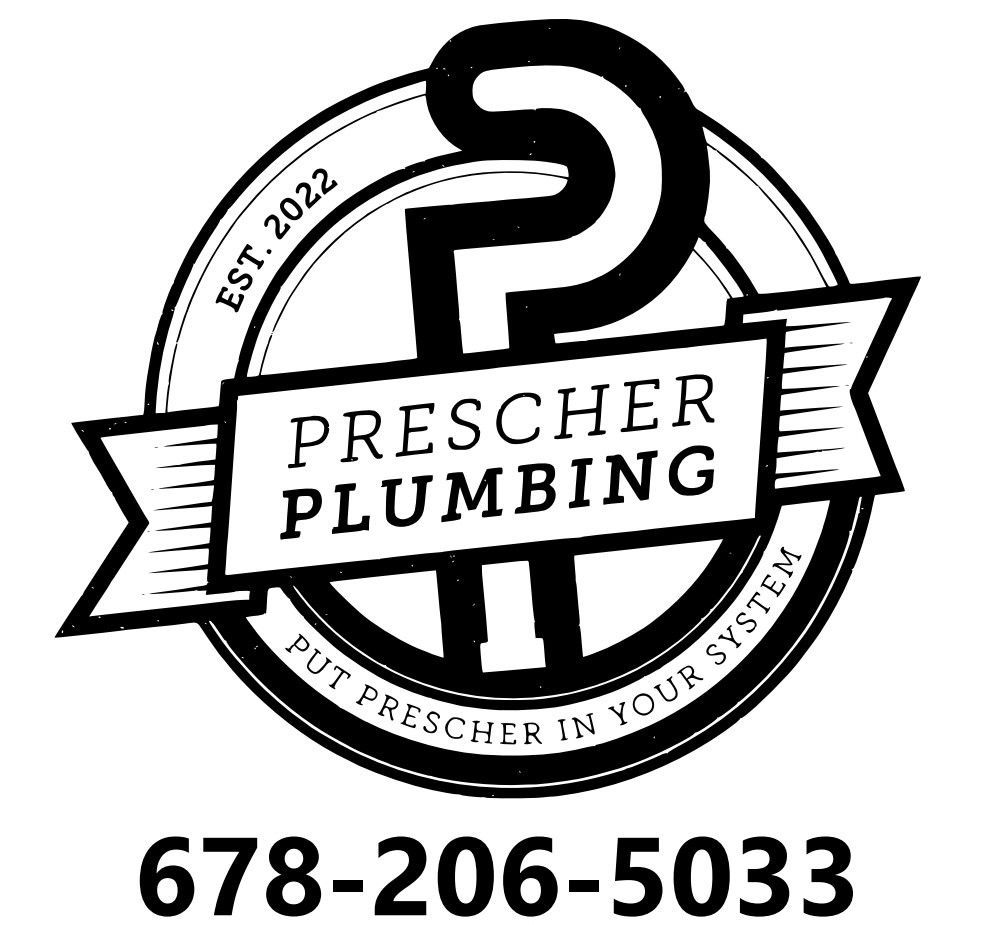
Atlanta and the surrounding areas leading professional plumbing service since 2022.
Navigation
Working Hours
Monday-Friday 8am - 6pm
Edit Google Reviews Widget
All Rights Reserved | Prescher Plumbing Service
